Is It Worth Replacing the Engine in a Car?
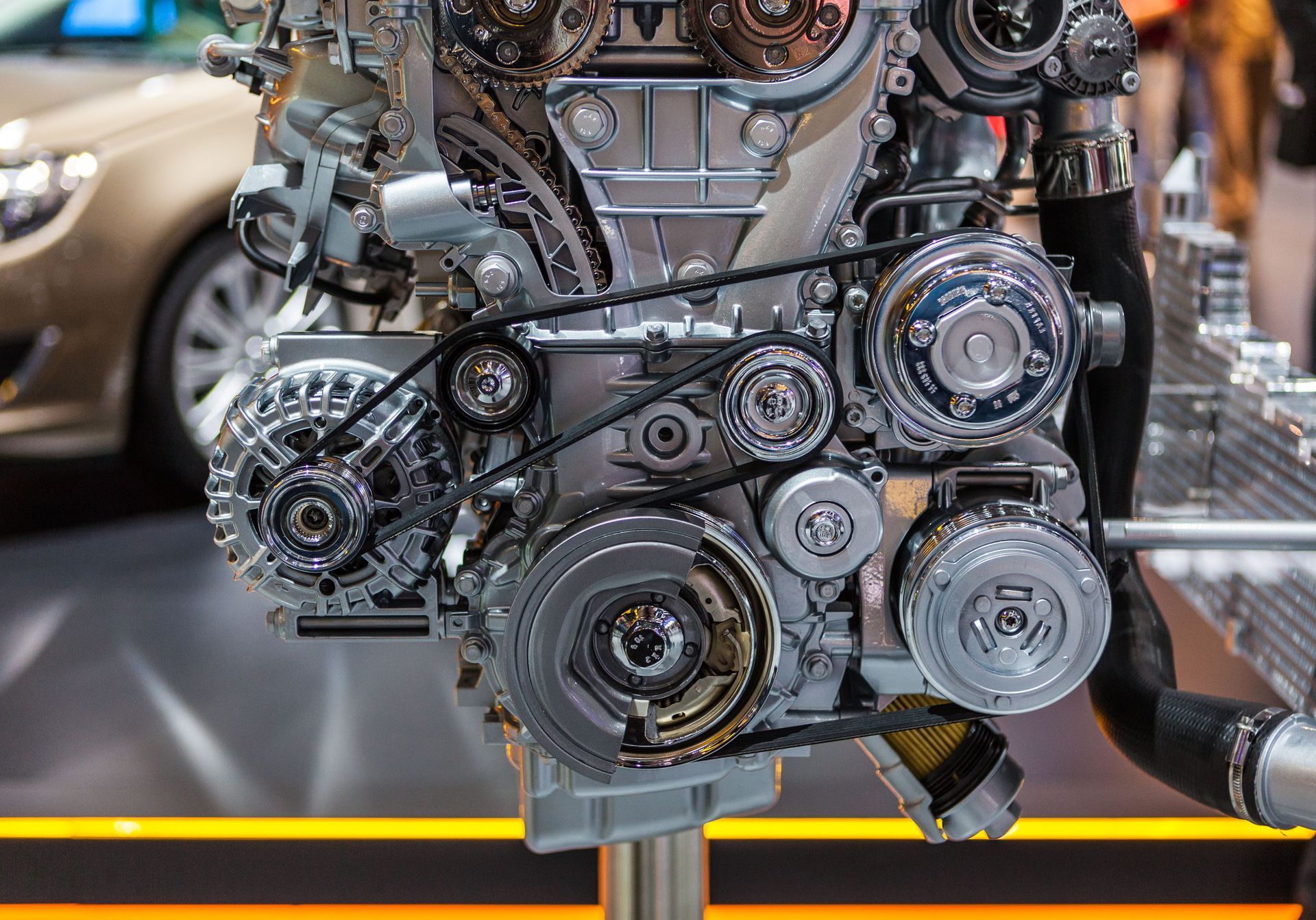
How long does an engine last these days? Like anything, the quality of the engine to start with will make an impact along with the maintenance and upkeep you provide. Another factor that impacts a car is how you drive the car. If you’re 100mph from the minute you pull out of the driveway, you probably won’t have a long of a lifespan than if you drive in normal conditions and basic style.
There was a time when you bought something like a toaster, washing machine, a vehicle, or most anything else, it lasted forever. Over the years, things aren’t made as well as they were, or do we just not have the patience, skills, or time to repair them? It is just easier to replace things, like a car engine replacement.
On one hand, we hear “Cars are made better than they ever were.” On the other hand, we hear “They just don’t make them like they used to.” Typically, those statements are referring to the engine, and no, they don’t make them like they used to, and because they are made different, in many ways, that makes them better.
Cars from the 1930s and up until the past 10 years did not have a computer chip that told you when the tires needed air. While not all cars have that feature, it has become a welcome new technology many of us appreciate, especially since gas stations are all self-serve and nobody comes out to check the air in your tires or the oil in the engine. This brings us the need decision if having a car engine replacement vs new car is the better option.
Before you get to that point though, when do you know you have a problem? What are some signs of engine problems? A car engine is complicated and requires consistent and regular maintenance and upkeep to get the most power and longest life possible. The following are eight indications that you may need to be considering a car engine replacement:
Check Engine Light : When this light is illuminated, it is the car’s way of telling you there is a problem with the engine or a component that works with the engine. Have a professional mechanic inspect the engine and run a diagnostic test that will read the sensor. This will narrow down, even pinpoint the problem.
Power Loss : A gas-powered vehicle has an internal combustion engine. There is a four-stroke combustion cycle that converts the gas into power that makes the car move. When a car loses all its power, it can be an interruption within those four strokes of the combustion process. Good chance the engine is gone at this point, but a mechanic can better ascertain this situation and advise you if a car engine replacement is necessary.
Gas Mileage Decrease : There are several factors that can affect your gas mileage. From worn-out tires to bad spark plugs. However, if all these things are in good order and a tank of gas isn’t getting you as far as it should, have your mechanic run an engine diagnostic test. This will pinpoint the problem and hopefully, a quick adjustment or repair is all you need, not a car engine replacement.
Noises : A car engine that is backfiring, hissing, knocking, popping, and spitting is in distress. Some noises are completely normal, but there is a level of abnormality that indicates a problem with the combustion flow. You need your car examined by a mechanic, sooner than later.
Stalled Engine : A car with a manual transmission will stall from time to time depending on the speed between the clutch pedal and gas pedal. While this can be frustrating, in most cases, it is normal. A car with an automatic transmission, however, shouldn’t stall. So, if your car has an automatic transmission and is stalling, aka dying, then your car needs to be inspected by a mechanic. It could be something minor or you may need a car engine replacement.
Odors and Smells : Car exhaust will have some odor, but it the odor is powerful and obnoxious, it needs to be checked by a mechanic.
Engine Doesn’t Turn Off : This is a common problem with cars that have a high-performance engine, typically because the octane isn’t right for the engine. It can also be a problem with the carburetor or solenoid. A mechanic can check your car out and determine the problem.
Rough Running : A car engine that is idling or running rough may need a basic tune-up, replace the sparkplugs, or bad gas. If none of these things fixes the problem, have a mechanic check the engine.
How Long Will a Car Last With a New Engine?
As we said at the start of this article, like anything, there are several factors that will determine the lifespan of a new engine too. The quality of the new engine, the quality of the installation, your maintenance and upkeep routine, i.e., oil changes, filter changes, etc. And your driving style and the conditions you drive the car will impact the lifespan of a new engine.
The rule of thumb is you should get as long of a lifespan with the new engine as you did with the original engine. If the original engine lasted 200,000 miles, a car engine replacement should last 200,000 miles.
How Much Will It Cost to Replace My Engine?
The make of the engine will be a determining factor, but for basic pricing guidelines, a new 4-cylinder engine is around $5,000, a V6 engine is around $6,000, and a V8 engine is around $8,000. These are basic engine estimate and doesn’t include any labor or upgrades.
What Is Included in an Engine Replacement?
A new engine replacement is referred to as a “crate engine”, meaning it comes from the manufacturer in a crate. Included in this crate engine are the following components:
- Engine block
- Crankshaft
- Cylinder heads
- Camshaft
- Pistons
- Valves
There are additional things needed like fuel filter, oil filter and oil, hoses, lines, wire, and clamps, along with bolts and nuts. A car engine replacement is basically heart surgery for a car.
Is It Cheaper to Rebuild an Engine or Replace It?
A car engine rebuild will be cheaper in most cases than buying a new engine, as much as half as much! However, there are times when an engine is so worn that a car engine replacement is the better solution.
When Should Your Engine Be Repaired?
You can look at a car engine replacement or repair like a new HVAC system, refrigerator, or other household appliance. At 10 years old, new is the better option for longevity. However, you may not be in a place where buying a new car is feasible, and in that case, pay the money for repairs until you can afford a car payment.
Closing Question – Will Insurance Cover Engine Replacement?
Yes and no. If the engine is simply worn out, no, your car insurance will not pay for a car engine replacement. If the engine is damaged in an accident and you have full coverage, then yes, a car engine replacement would be paid for – unless – the insurance company deems the value of the car not worth the cost. Then, the insurance will pay toward a completely new car.

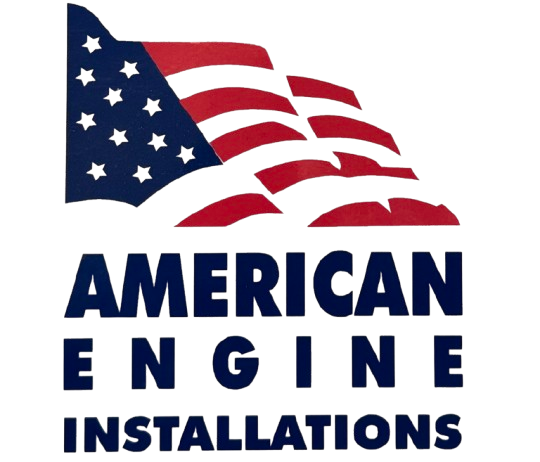

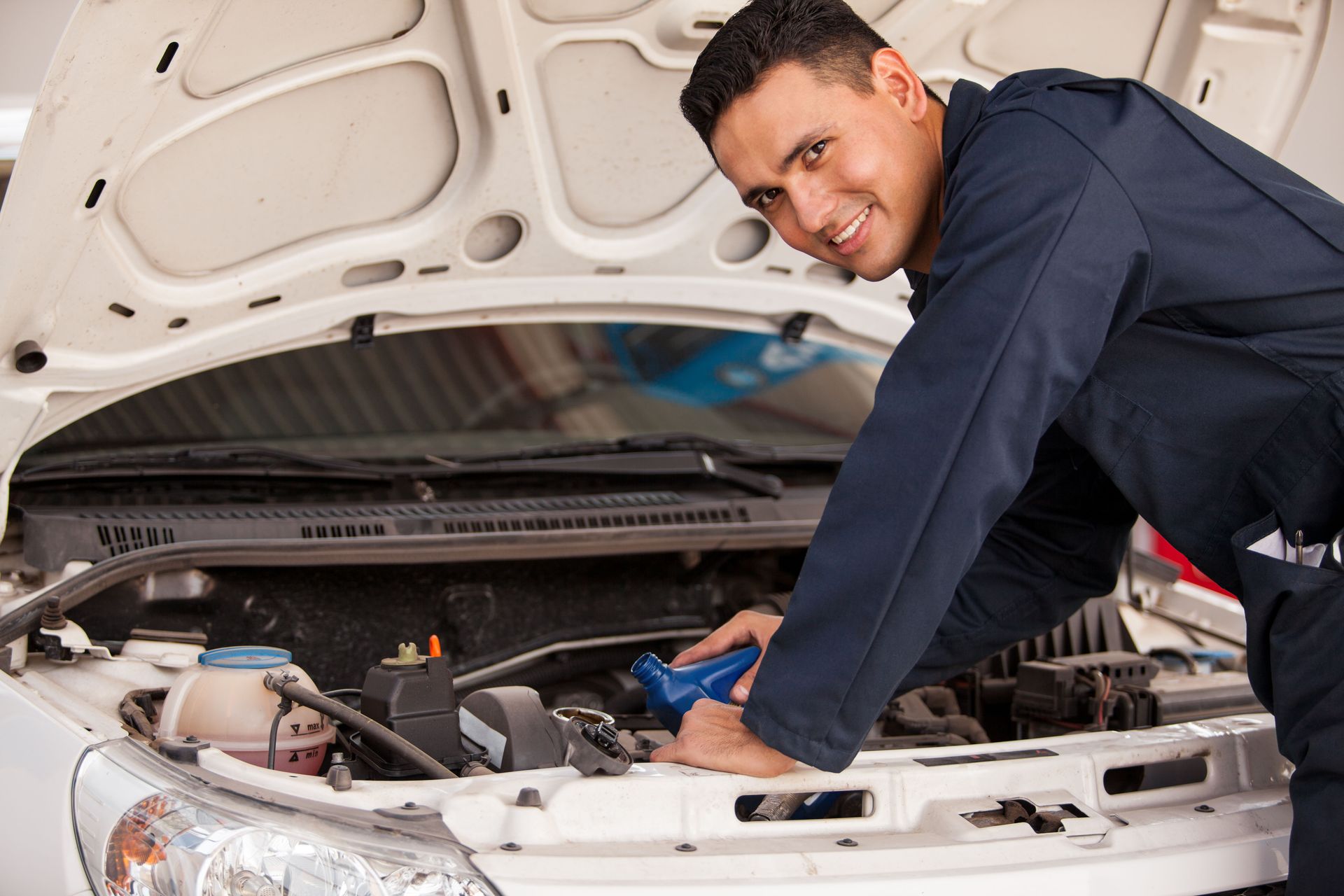
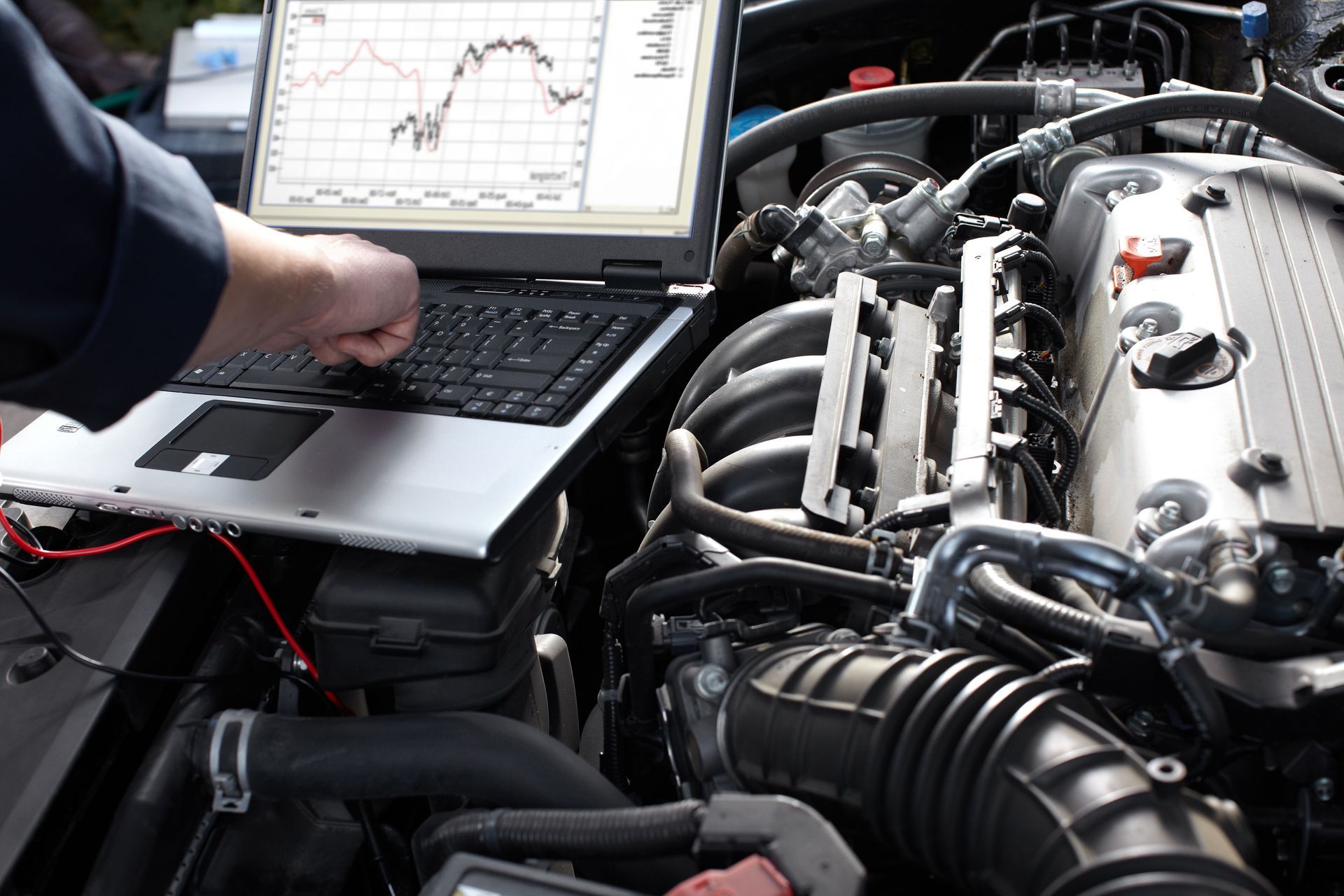
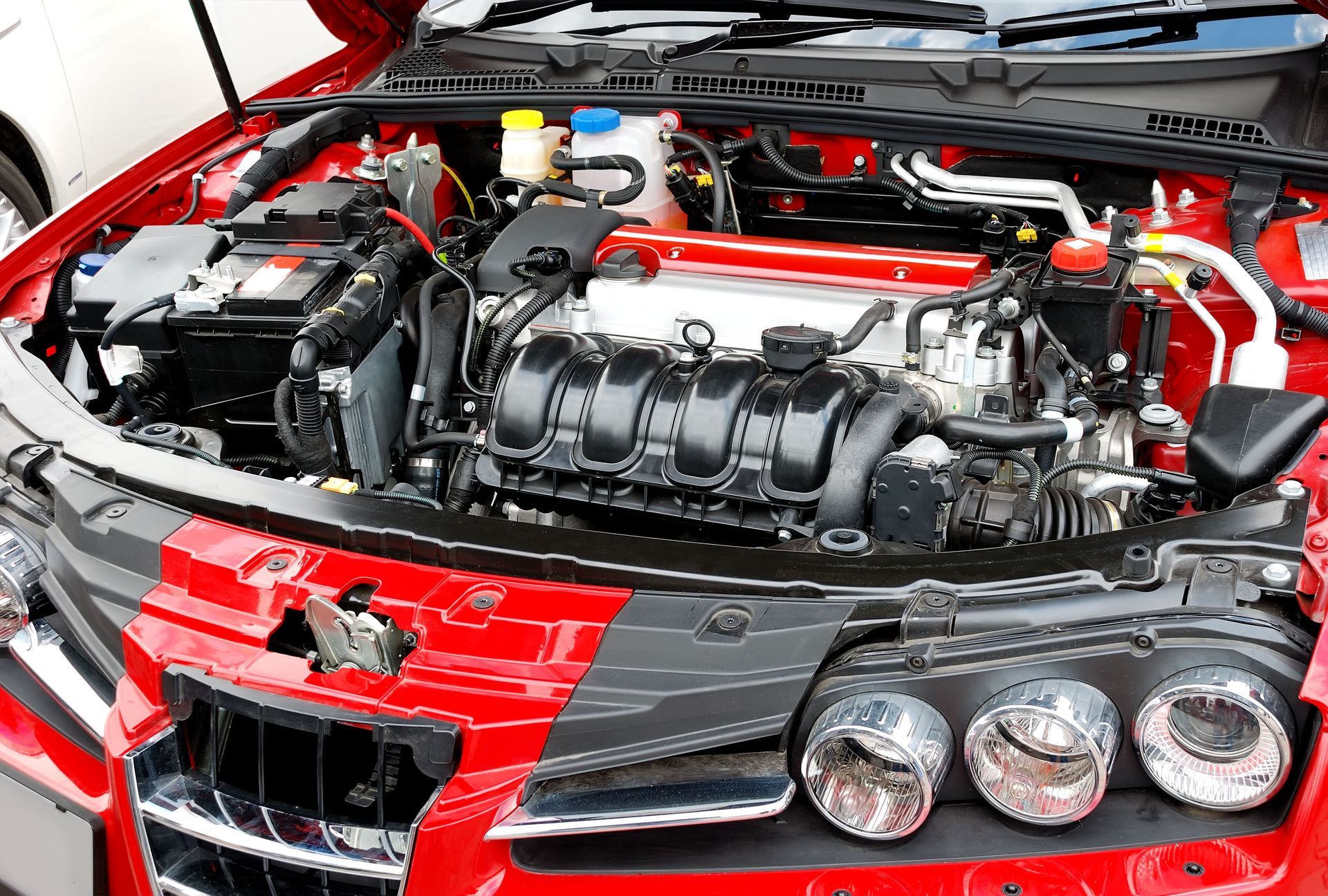
Share On: